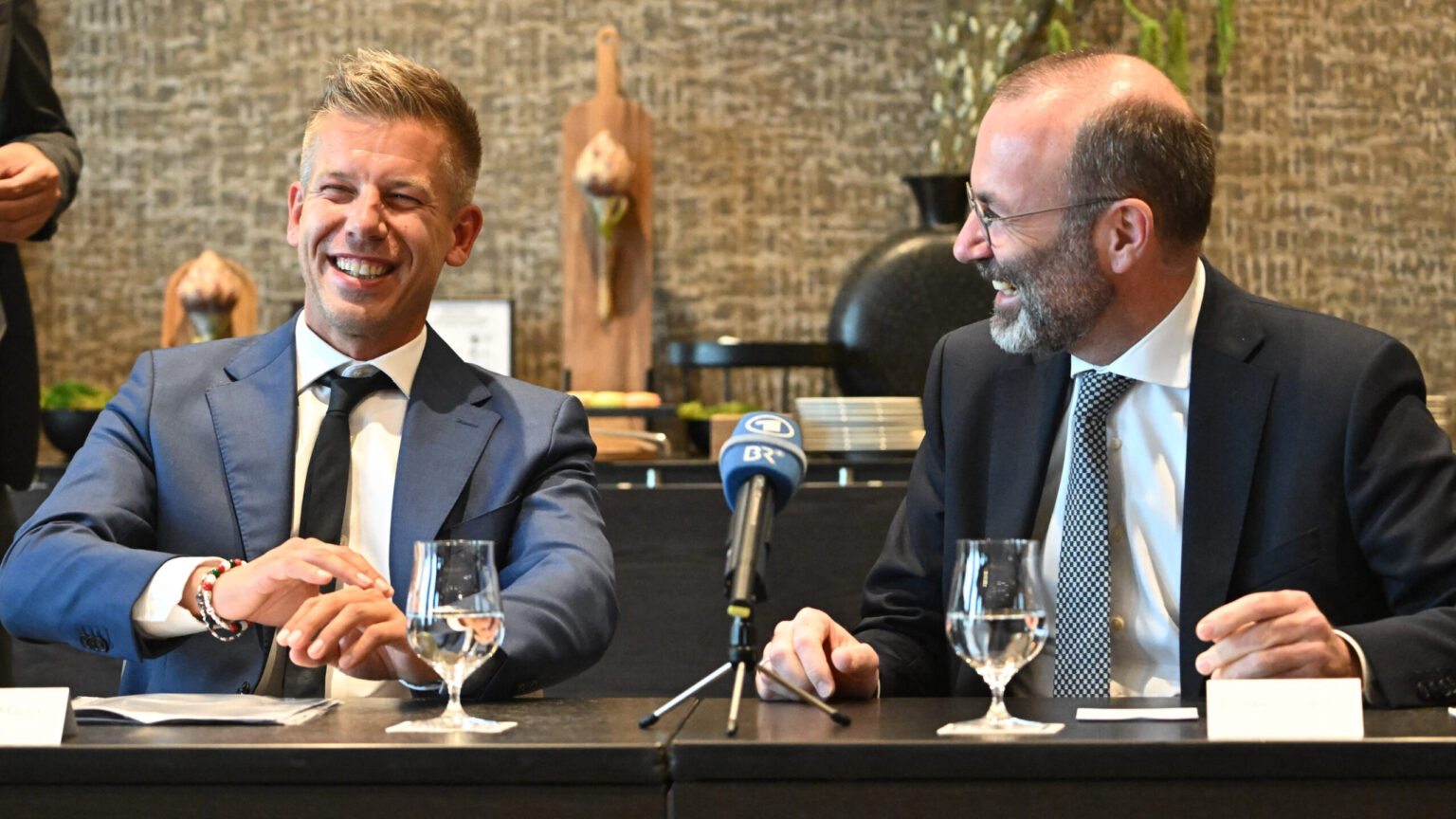
Opposition leader Péter Magyar insists he would uphold Hungary’s veto on Ukraine’s EU accession, even as his party sits within the European People’s Party—the bloc’s strongest advocate of Kyiv’s fast-track membership. The apparent contradiction exposes the political theatre that Tisza and the EPP are staging ahead of Hungary’s April election.
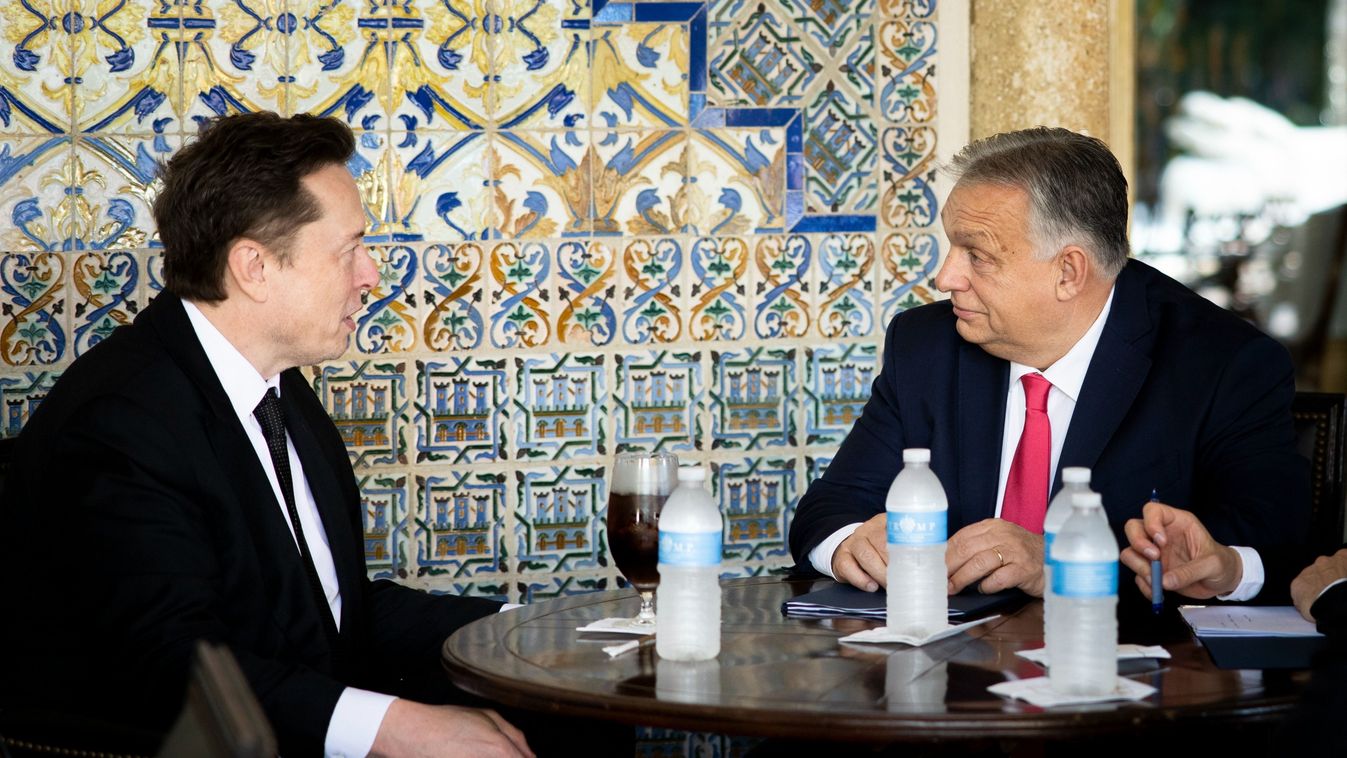
A German court has ordered Elon Musk’s X to provide data tied to Hungary’s upcoming parliamentary election, escalating tensions between the platform and European regulators enforcing the Digital Services Act. The case, driven by EU- and foreign-funded NGOs, has fuelled concerns in Budapest over external interference and political pressure ahead of the April vote.
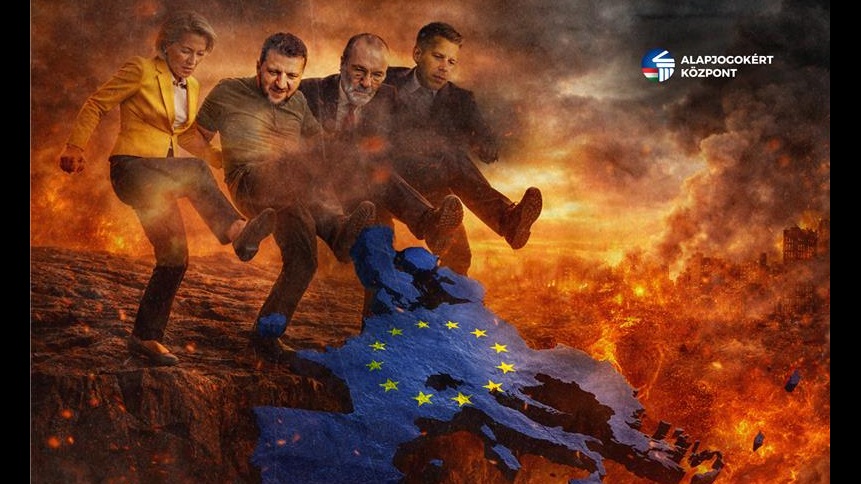
Brussels has entered a new phase of escalation, transforming support for Ukraine into an automatic political and economic war framework. This trajectory narrows national sovereignty, embeds long-term financial commitments in EU budgets, and shifts Europe’s focus from peace toward sustaining conflict, the Center for Fundamental Rights argues in their new analysis.
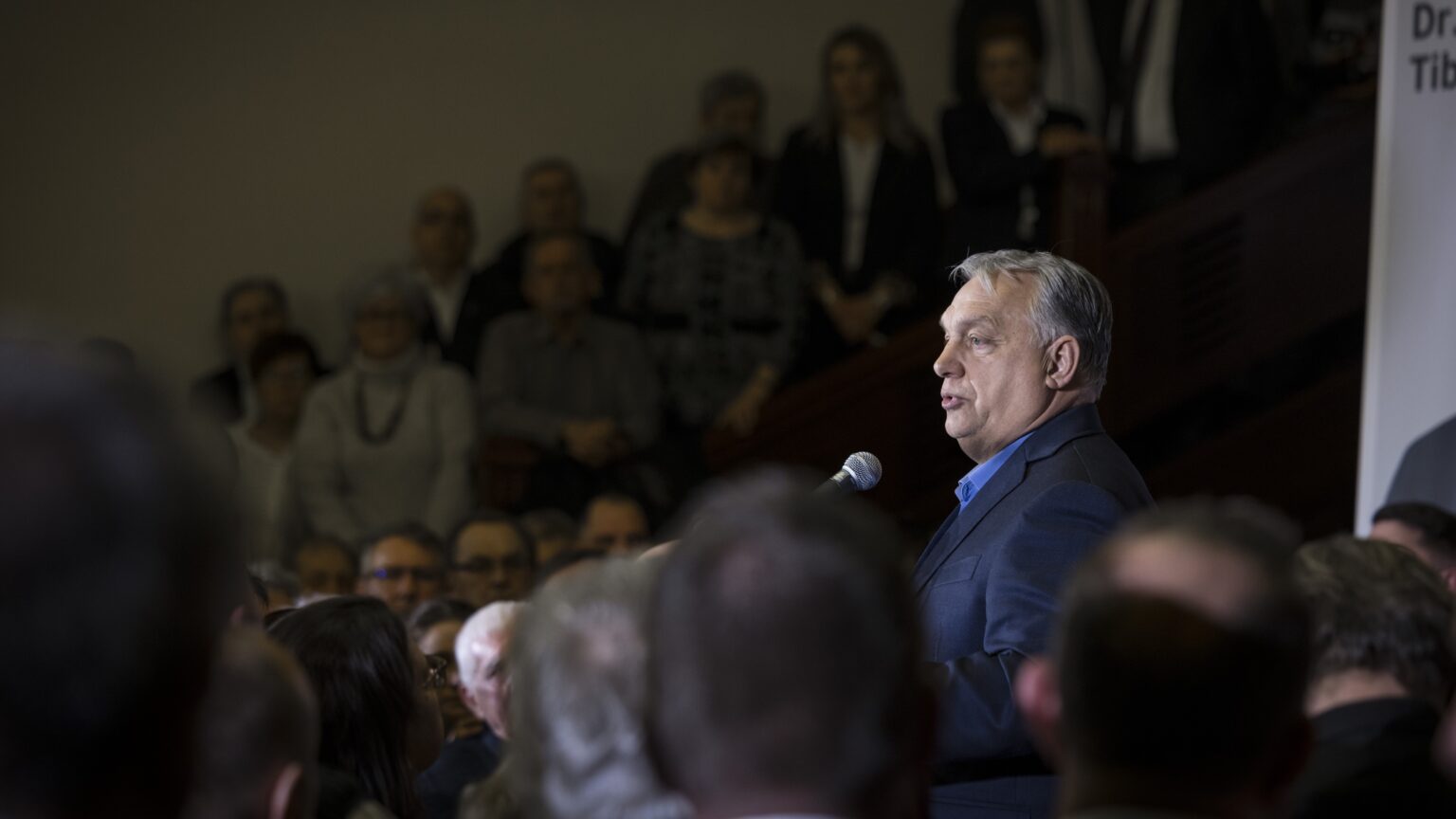
A majority of Hungarians believe only Prime Minister Viktor Orbán would be able to resist pressure from Brussels in debates over joint EU borrowing and financial support for Ukraine, according to a new Századvég survey.
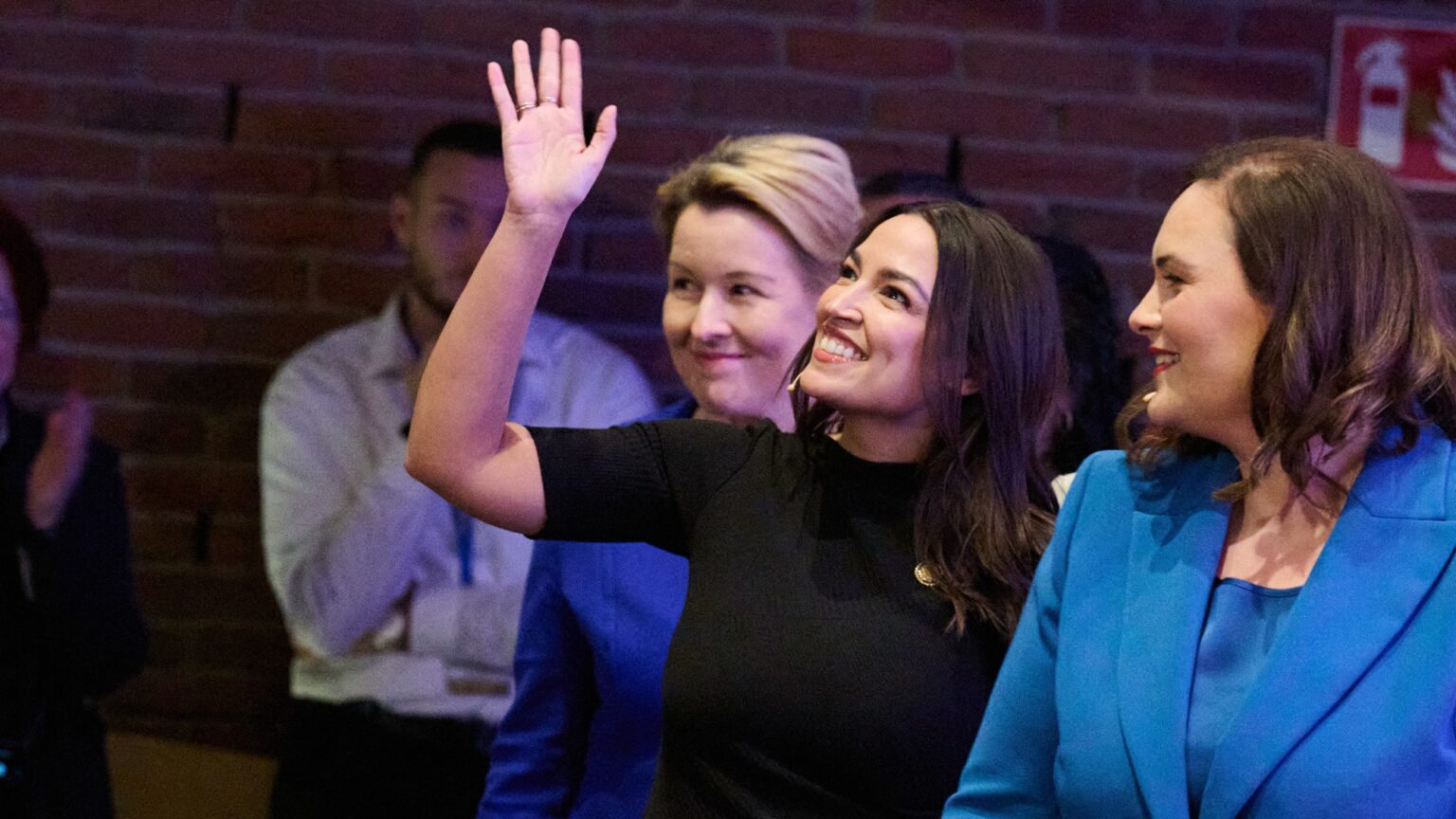
US Representative Alexandria Ocasio-Cortez, one of the most recognizable figures of the progressive wing of the Democratic Party, has been mocked for her performance at a panel at the Munich Security Conference. She followed that up by mistakenly claiming that Venezuela was below the Equator during an interview at a Berlin university just a few days later.
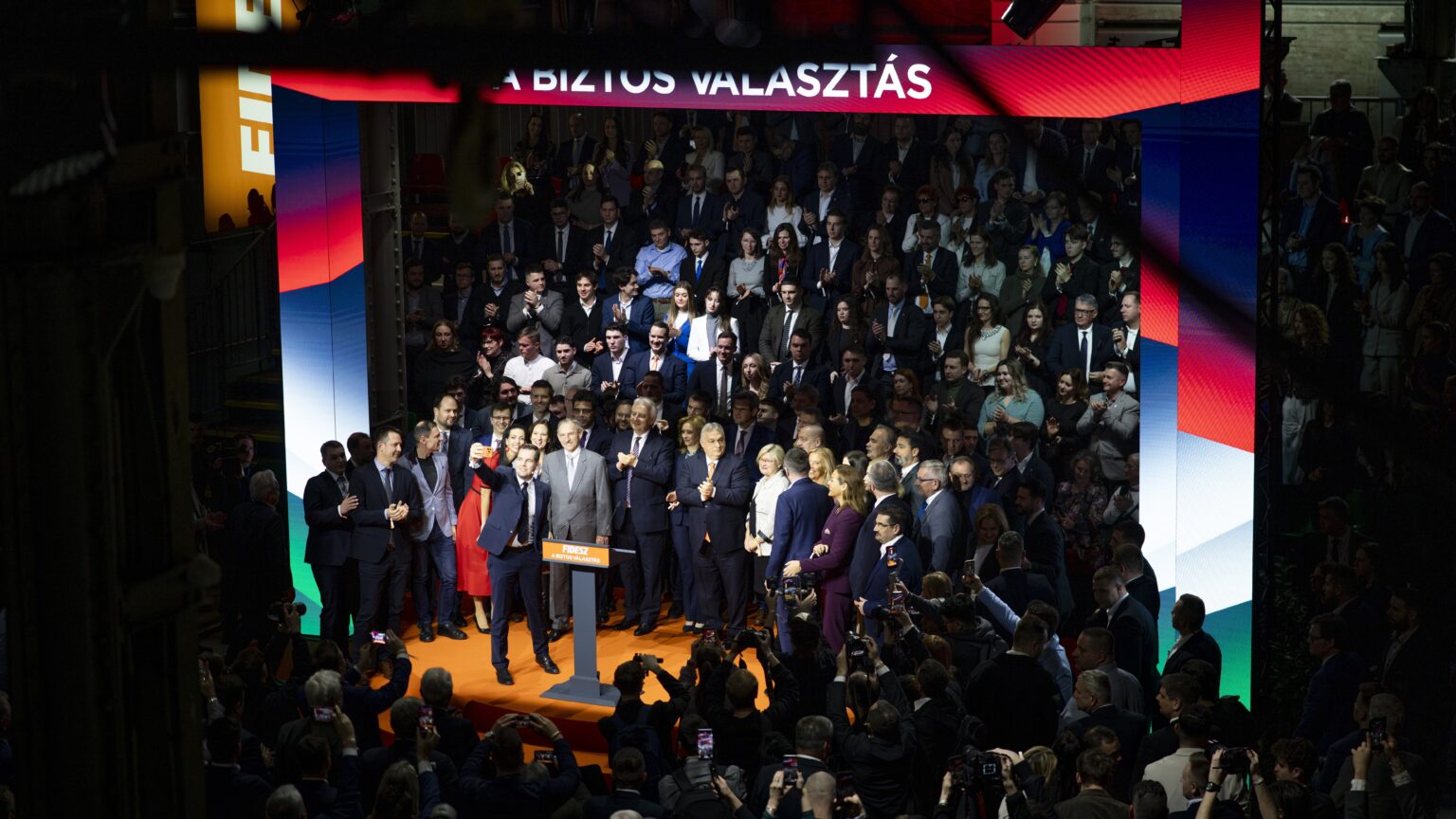
Senior Fidesz–KDNP politicians presented their national list in Budapest, highlighting what they called historic achievements and framing the April election as a choice between national sovereignty and foreign influence, while sharply criticizing their opponents.
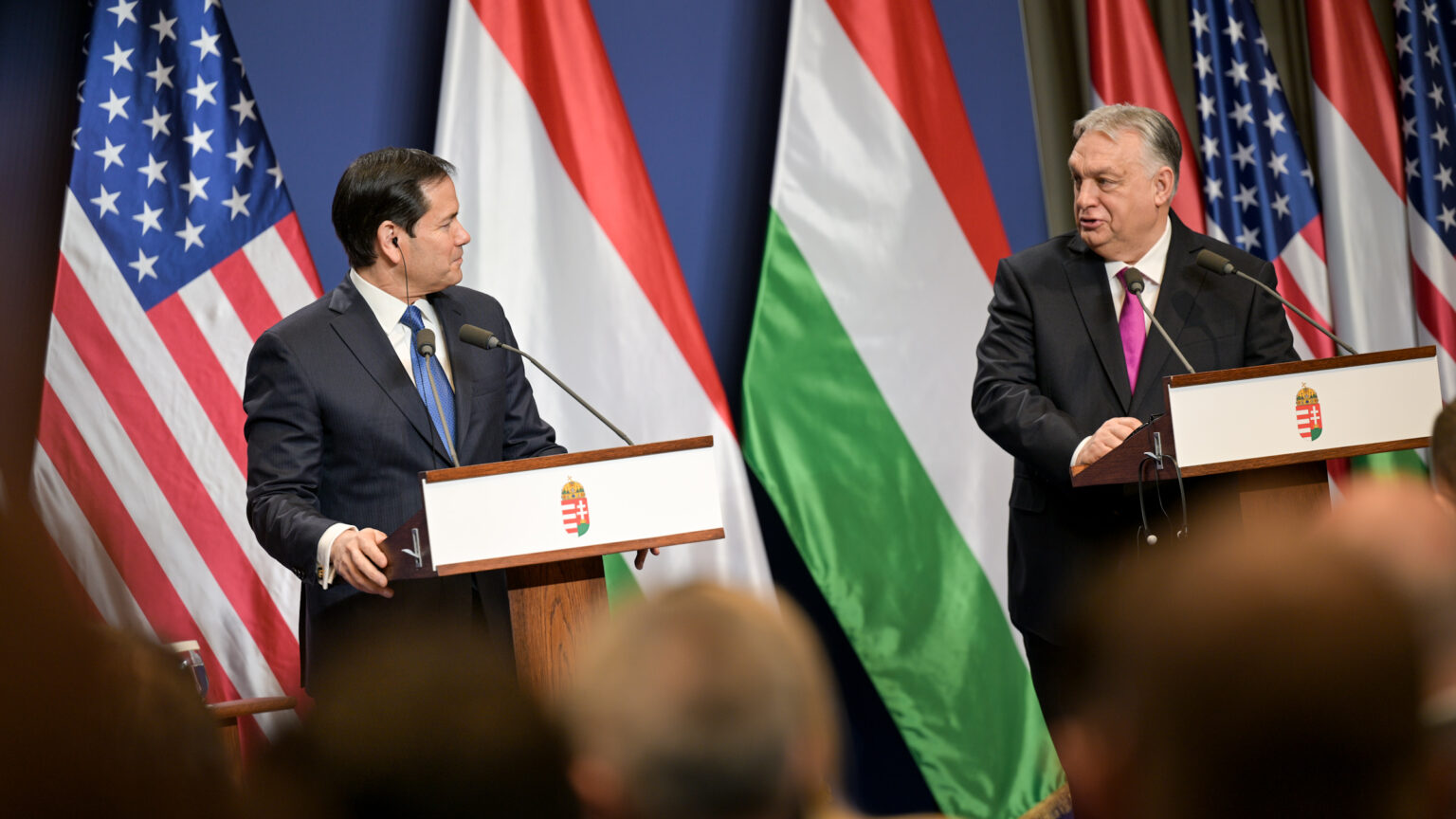
Standing beside Viktor Orbán in Budapest, Marco Rubio praised the Hungarian prime minister’s role in advancing US interests and pledged a financial protective shield for the country, saying Hungary should thrive ‘as long as you’re prime minister’. The remarks, coupled with the signing of a key nuclear deal between the two countries, signal firm support from the Trump administration ahead of Hungary’s closely watched April elections.

‘The Germany in which Hungarians still believe—or try to believe—long drew its strength from the “economic miracle” built by earlier, hard-working generations. The prosperity stemming from that achievement still endures, but its nature has changed. There is no question of outright impoverishment, yet this prosperity now seems to have stalled, and little real progress is being made.’
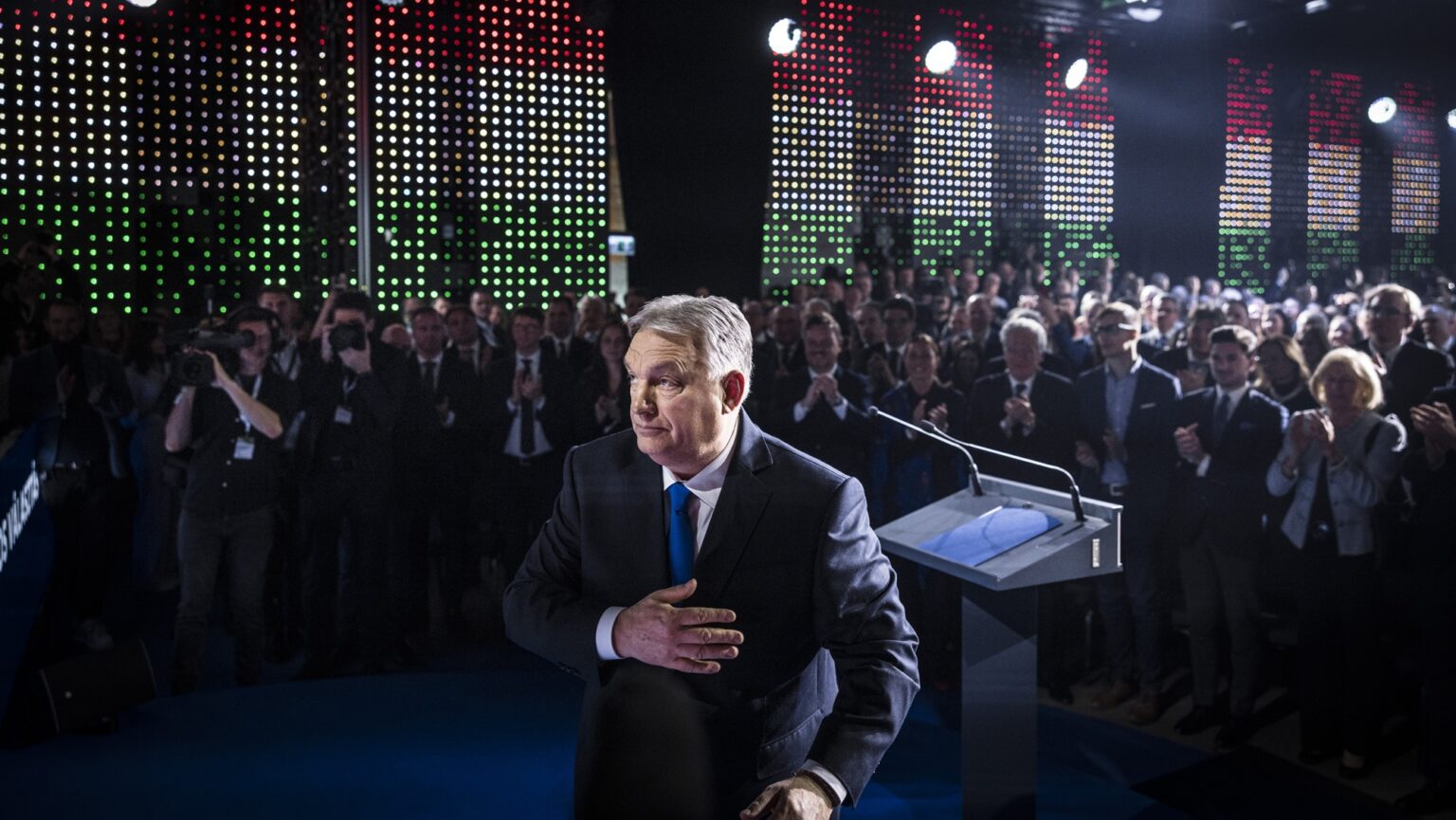
At his annual State of the Nation Address, Prime Minister Viktor Orbán of Hungary stated that the oil business, the banking sector, and the Brussels elite are trying to form a government in Hungary through the opposition Tisza Party. If they were to succeed, international corporations would siphon billions of forints out of the country, hurting Hungarian families, he warned.
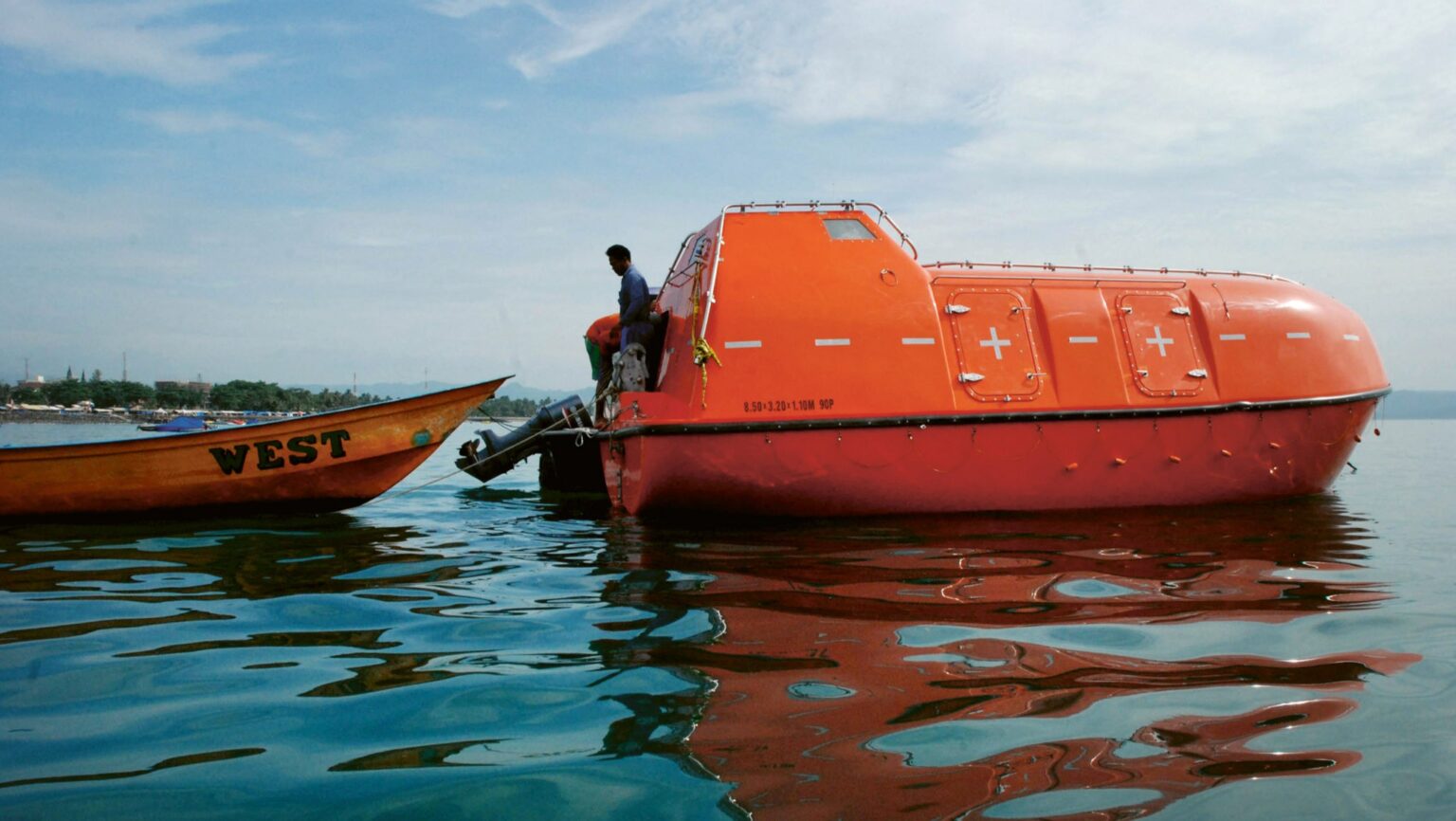
‘Almost nothing engenders more pride in Australia than someone from an obvious migrant background, speaking with a broad Australian accent, succeeding in something that reflects well on our country. But that means migrants who see Australia as a place to be committed to, rather than simply to be taken advantage of.’
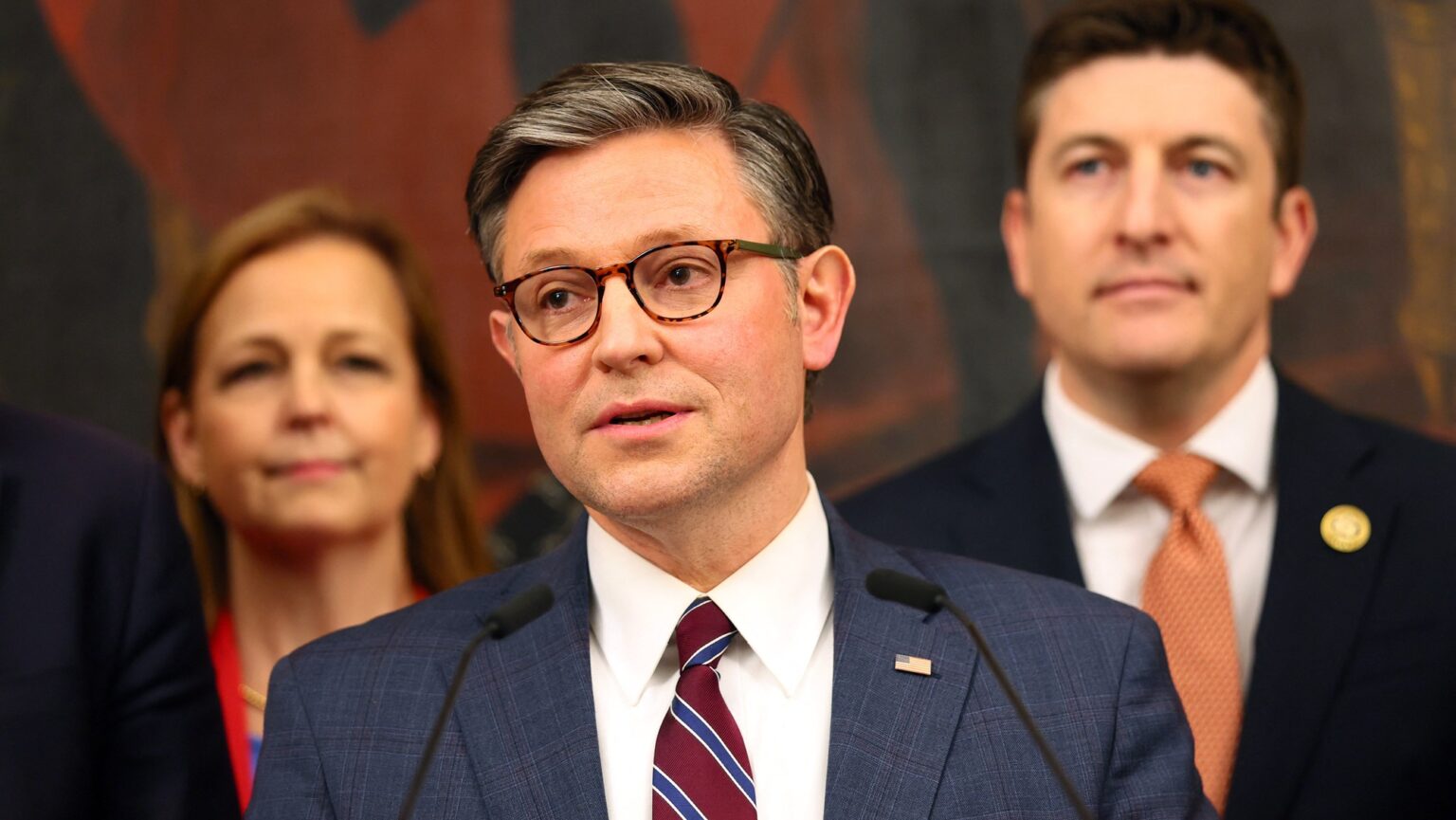
The Republican Representatives in the US House, joined by one Democrat, have passed the SAVE Act, which would amend the National Voter Registration Act of 1993 to require proof of US citizenship to register to vote in federal elections. The bill is now headed to the Senate, where it will have a tough fight to clear the 60-vote filibuster threshold, despite the GOP’s majority in the Chamber.

The division within Europe inevitably returns, as American power and interest recedes.
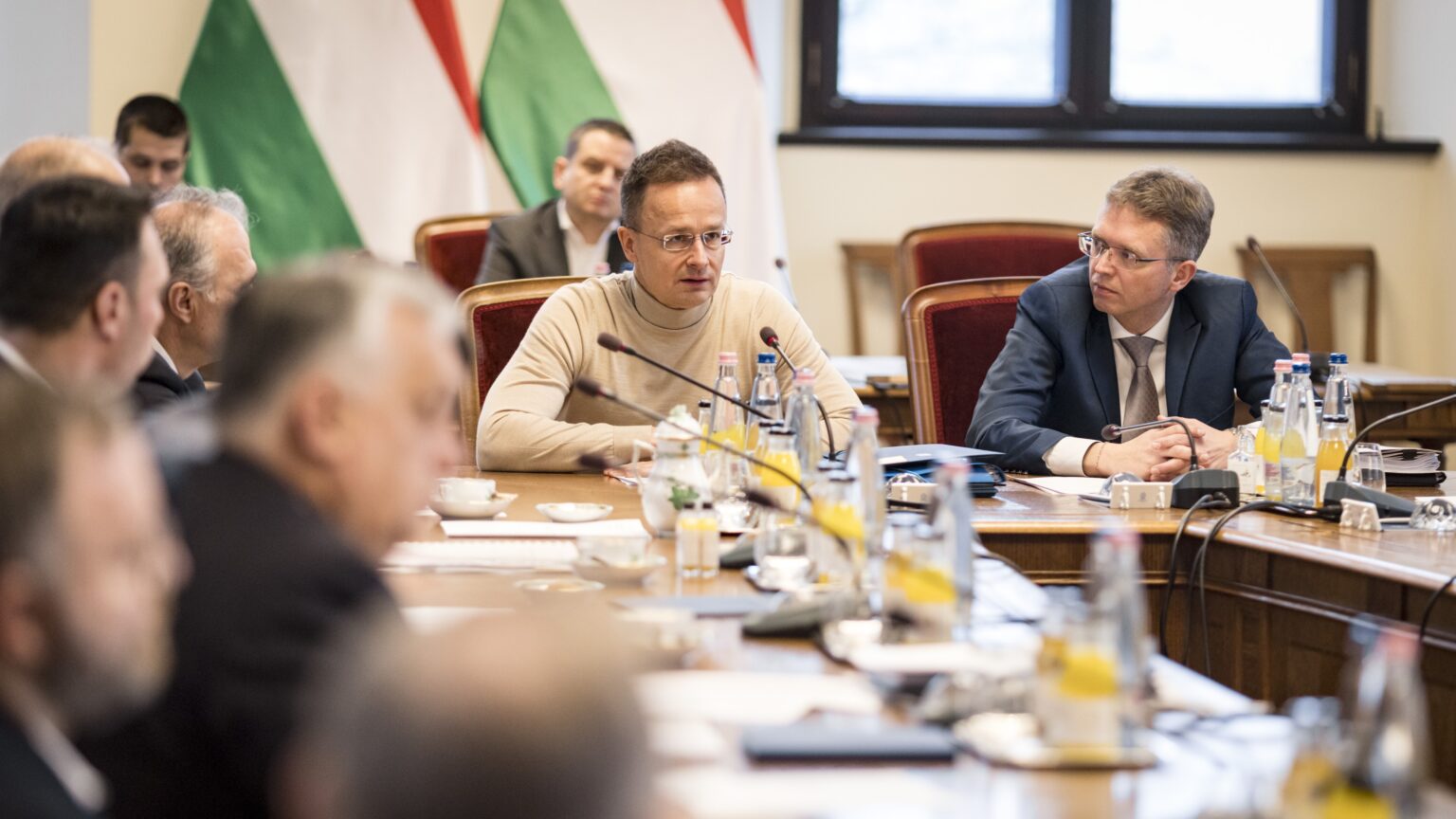
Foreign Minister Péter Szijjártó said a Brussels–Kyiv alliance is seeking to remove Hungary’s national government as an obstacle to fast-tracking Ukraine’s EU accession, arguing that political change in Budapest is central to the plan.
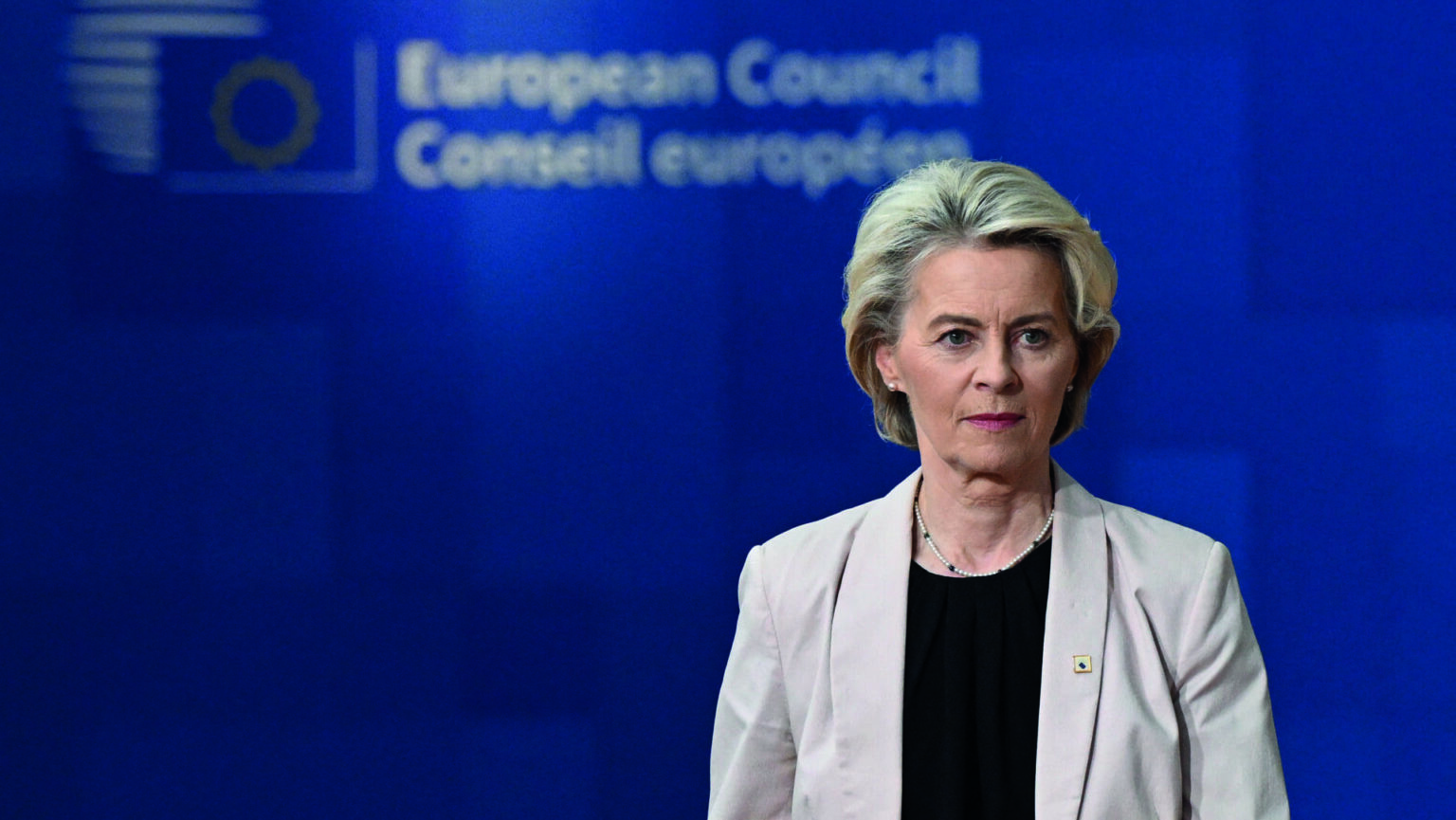
In a recent episode of the Brussels Playbook Podcast, POLITICO’s Chief EU Correspondent Zoya Sheftalovich has explained that the EU leadership is hiding information about Ukraine’s planned accession to help Péter Magyar defeat Prime Minister Viktor Orbán in the upcoming Hungarian elections. If PM Orbán does prevail, the EU is even willing to strip Hungary of its voting rights, she also revealed.
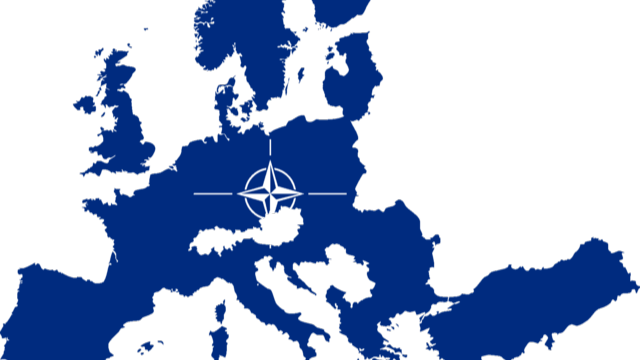
‘The rules-based international order fragmenting, uncertainty growing, and conflicts multiplying around the world, this year’s conference is taking place at a fundamental turning point.’
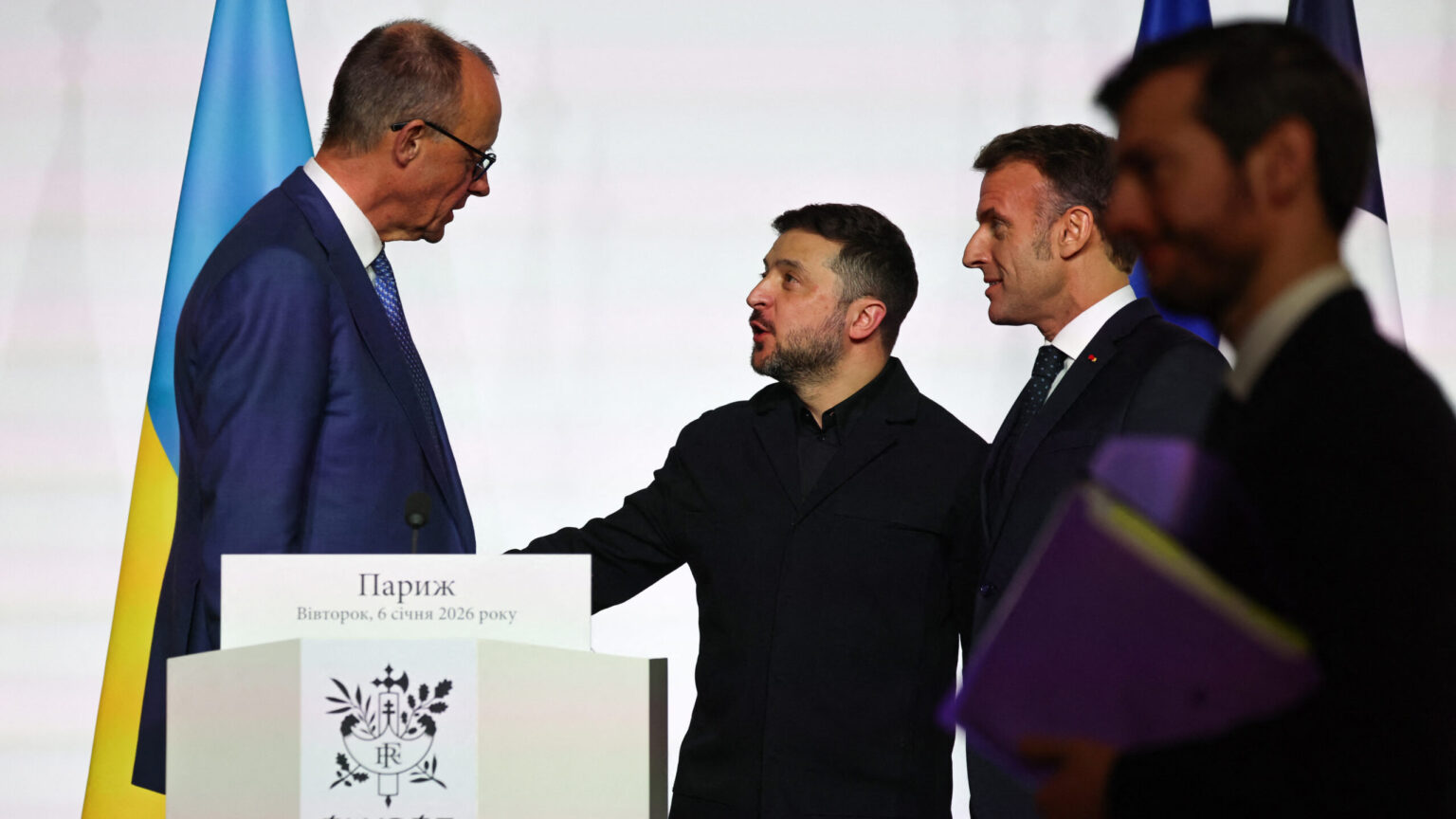
New data from the Kiel Institute reveal a decisive turning point in the Ukraine war: Europe, not the United States, has become Kyiv’s primary military and financial backer. As Washington scales down support under Donald Trump, European governments are assuming the burden—transforming the conflict from a mainly American proxy war into Europe’s own geopolitical and economic responsibility.
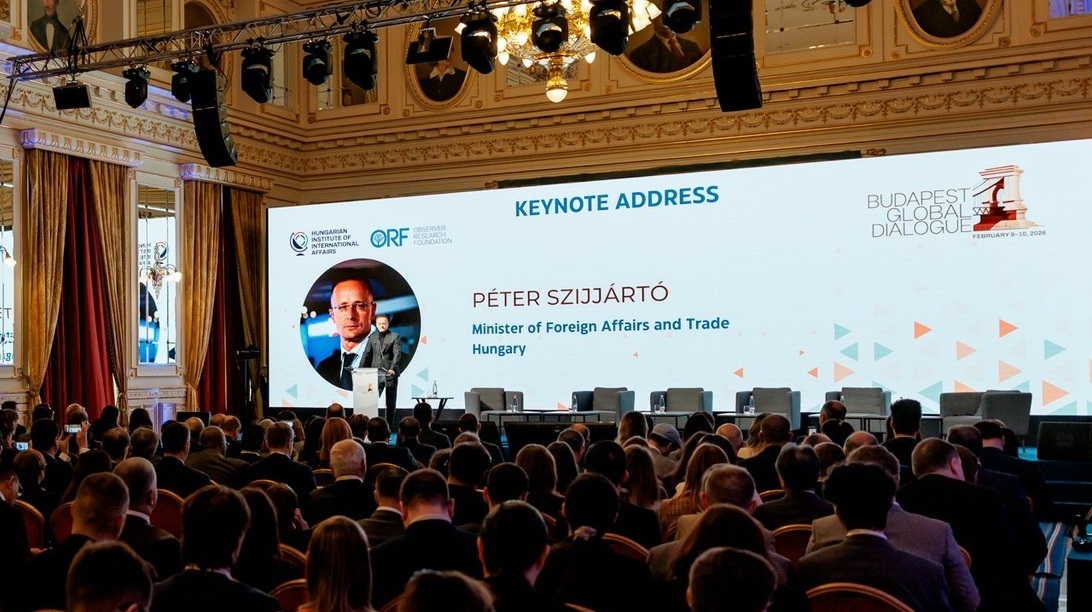
At the Budapest Global Dialogue 2026, FM Péter Szijjártó accused Brussels of mishandling every major crisis over the past 25 years, while highlighting that Hungary’s break from EU leadership has led to favourable outcomes for the country. Also, panellists debated a fractured world order, the limits of liberal hegemony, and the growing role of middle powers amidst rising great-power competition.
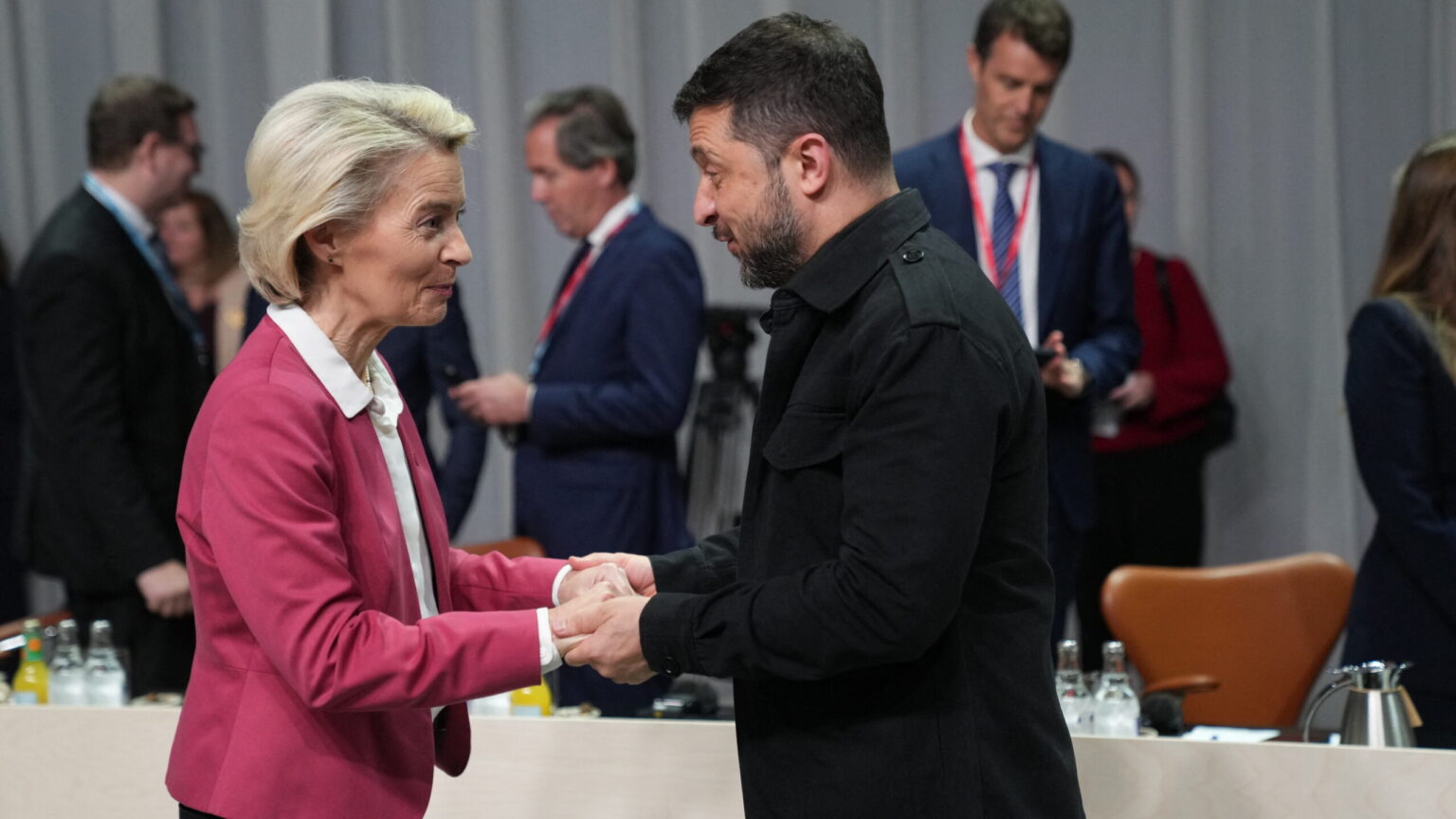
Hungary was widely mocked a year ago for warning that Brussels planned to fast-track Ukraine’s EU accession. Now, POLITICO Brussels has outlined a concrete roadmap to bring Kyiv into the bloc by 2027—including waiting for Viktor Orbán’s removal or even stripping Hungary of its voting rights—confirming fears once dismissed as conspiracy.
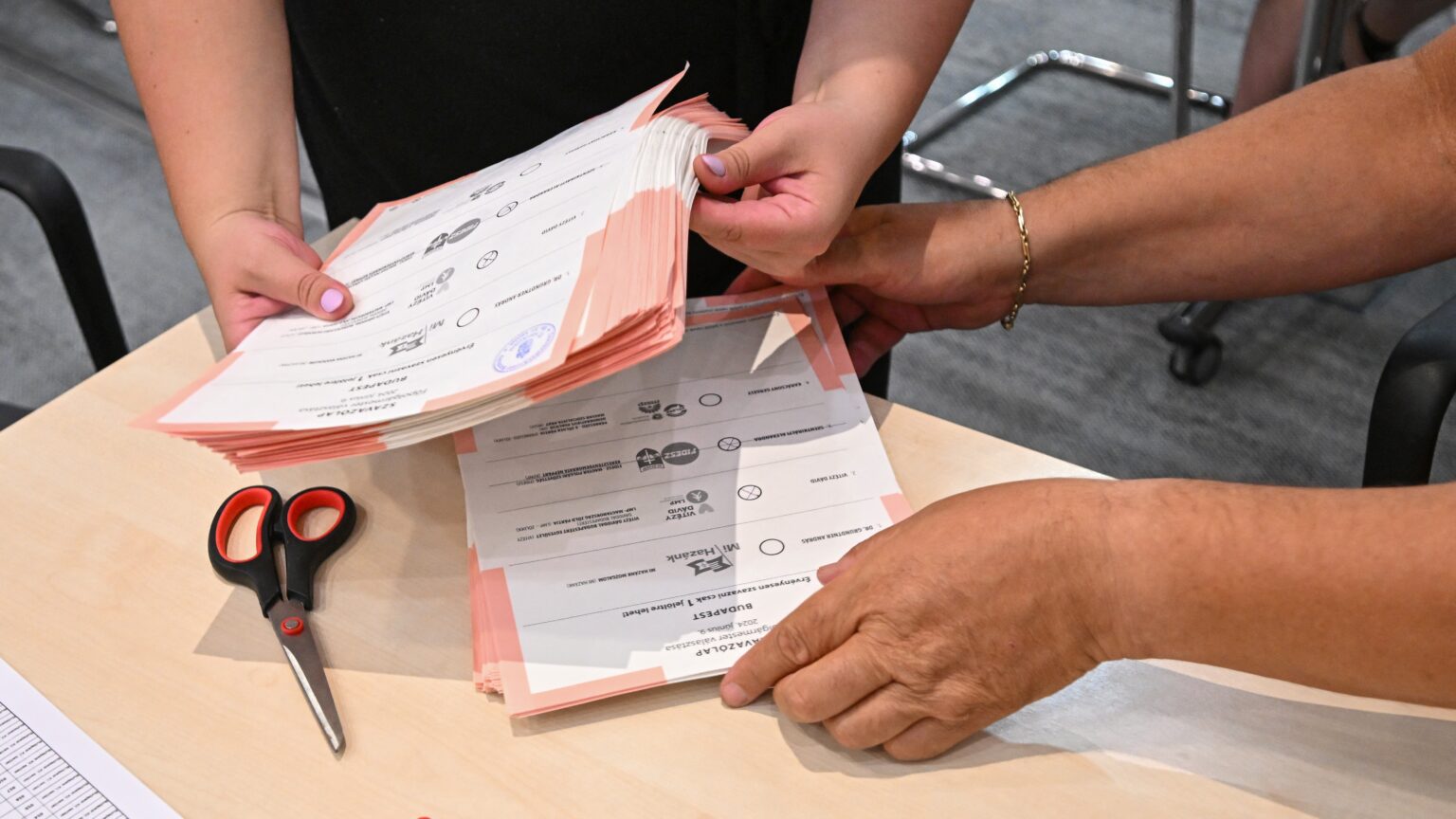
‘All Hungarian political parties are entitled to have representatives present at every polling station nationwide, where they participate directly in the vote count…In addition to this multiparty oversight, independent election observers…are free to move between polling stations on election day to verify the process. These safeguards ensure that election-day results cannot be manipulated.’
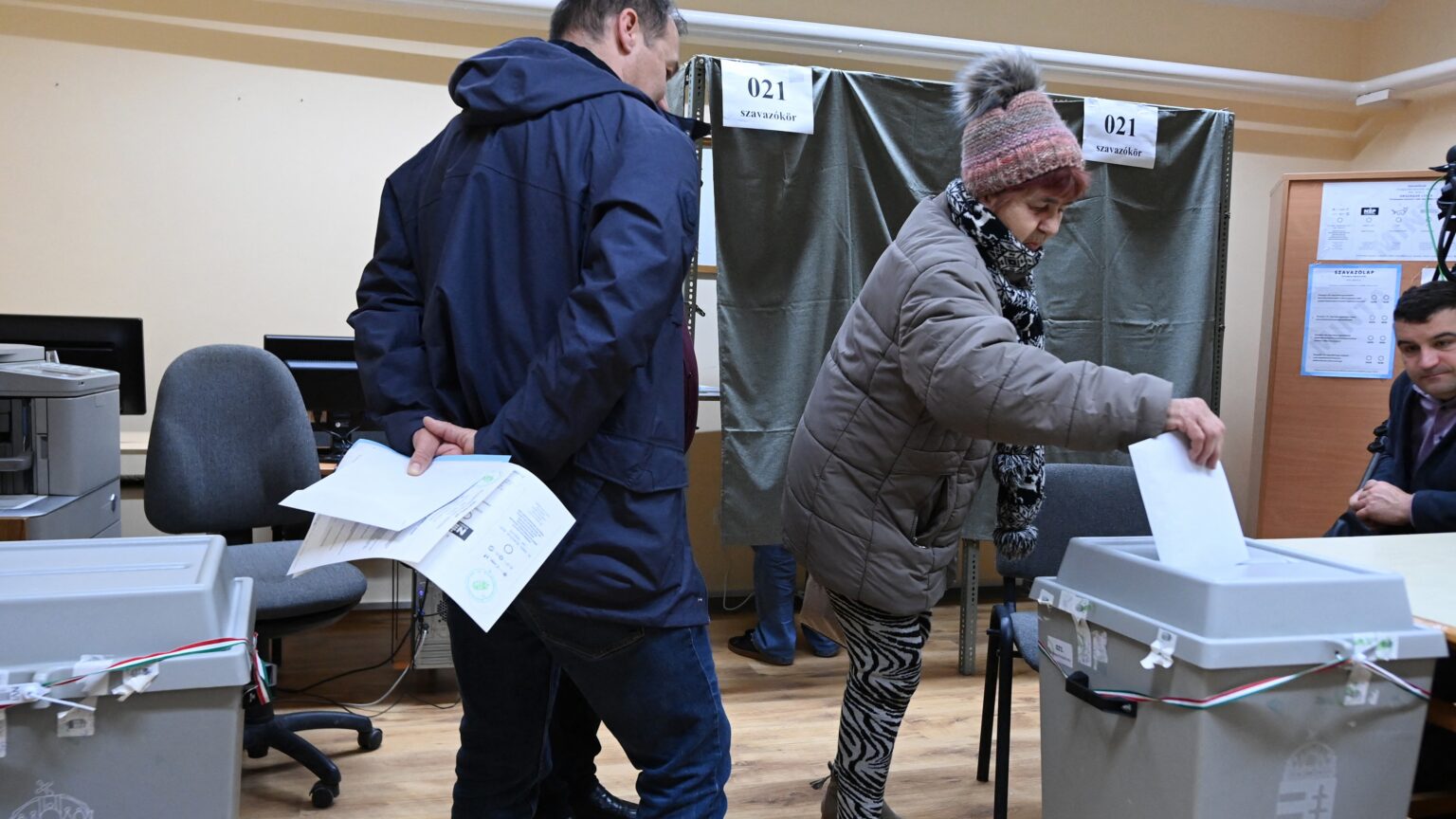
The Hungarian governing Fidesz party’s success in a closely watched Balmazújváros by-election offers a symbolic boost ahead of Hungary’s parliamentary elections. By overturning local paralysis and defeating an opposition-backed challenger, the victory underscores continuing support for Viktor Orbán’s party, contrasting sharply with polling that suggests rising strength for Tisza.

Prime Minister Takaichi has secured a crushing victory in Japan’s snap elections, delivering her party a two-thirds parliamentary majority against all polling expectations. Backed by high turnout and growing US support, she now faces rising costs, defence pledges, and mounting tensions with China.

On the third anniversary of the 2023 earthquakes in southern Türkiye, remembrance is intertwined with renewal. While tens of thousands perished and entire cities collapsed, an unprecedented reconstruction campaign has reshaped the disaster zone, revealing both the depth of the tragedy and the extraordinary determination driving the country’s recovery, setting an example for the whole world.
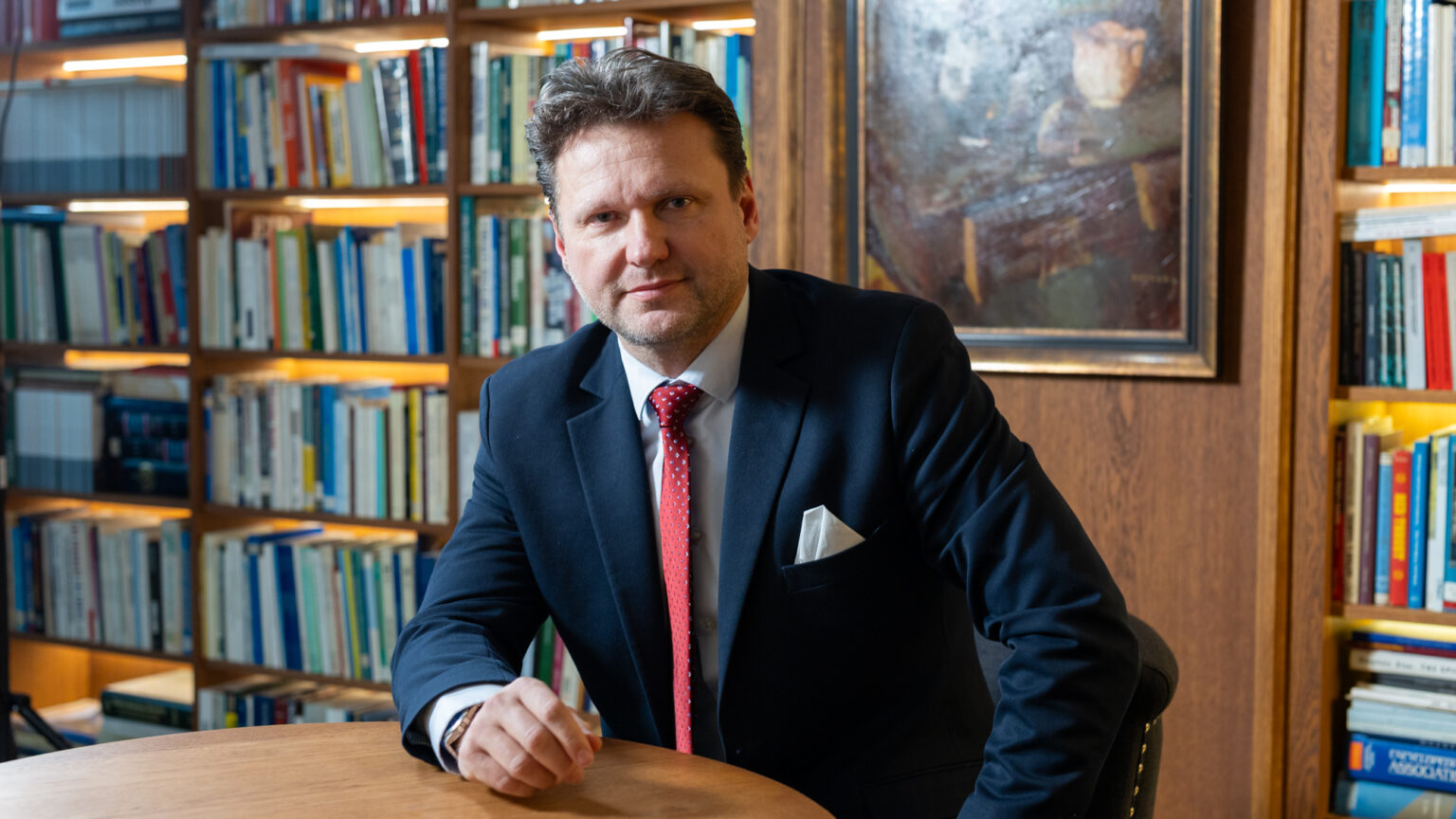
Why are the Czechs wary of Ukraine’s rapid EU membership? What is the secret behind the ANO party’s success? We asked the Chair of the Foreign Affairs Committee of the Chamber of Deputies of the Parliament of the Czech Republic about the future of the V4, the Patriots’ programme, and the ideological state of Europe.
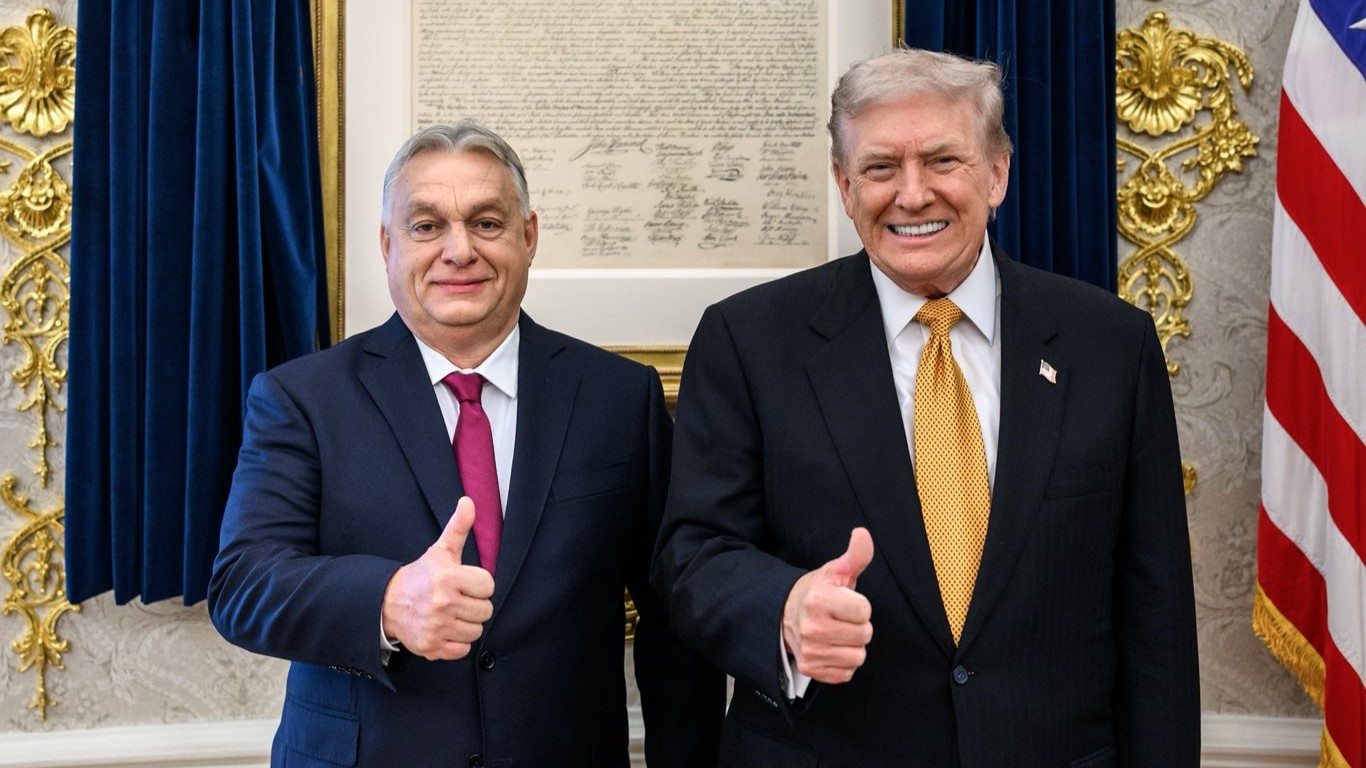
US President Donald Trump gave his enthusiastic endorsement to Prime Minister Viktor Orbán of Hungary in the 2026 Hungarian parliamentary election, in which he called him ‘a strong leader with a proven track record of delivering phenomenal results’. Six out of eight candidates or referendum options that have received President Trump’s endorsement outside the US ended up winning their respective elections.

‘…while tensions within the family may carry political implications, young people do not appear to perceive intergenerational political conflict as more salient than disagreements in other domains, such as the use of digital devices.’

Mass layoffs at The Washington Post mark more than a corporate restructuring—they signal the accelerating collapse of legacy media’s authority in American public life. As trust, audiences, and revenues plunge, the upheaval reflects a deeper transformation in how citizens consume information and a growing rejection of outlets long tied to the liberal establishment.

January’s political developments reinforced Fidesz–KDNP’s clear lead ahead of Hungary’s 2026 elections, while the Tisza Party struggled to set the agenda, according to the latest analysis by the Center for Fundamental Rights.
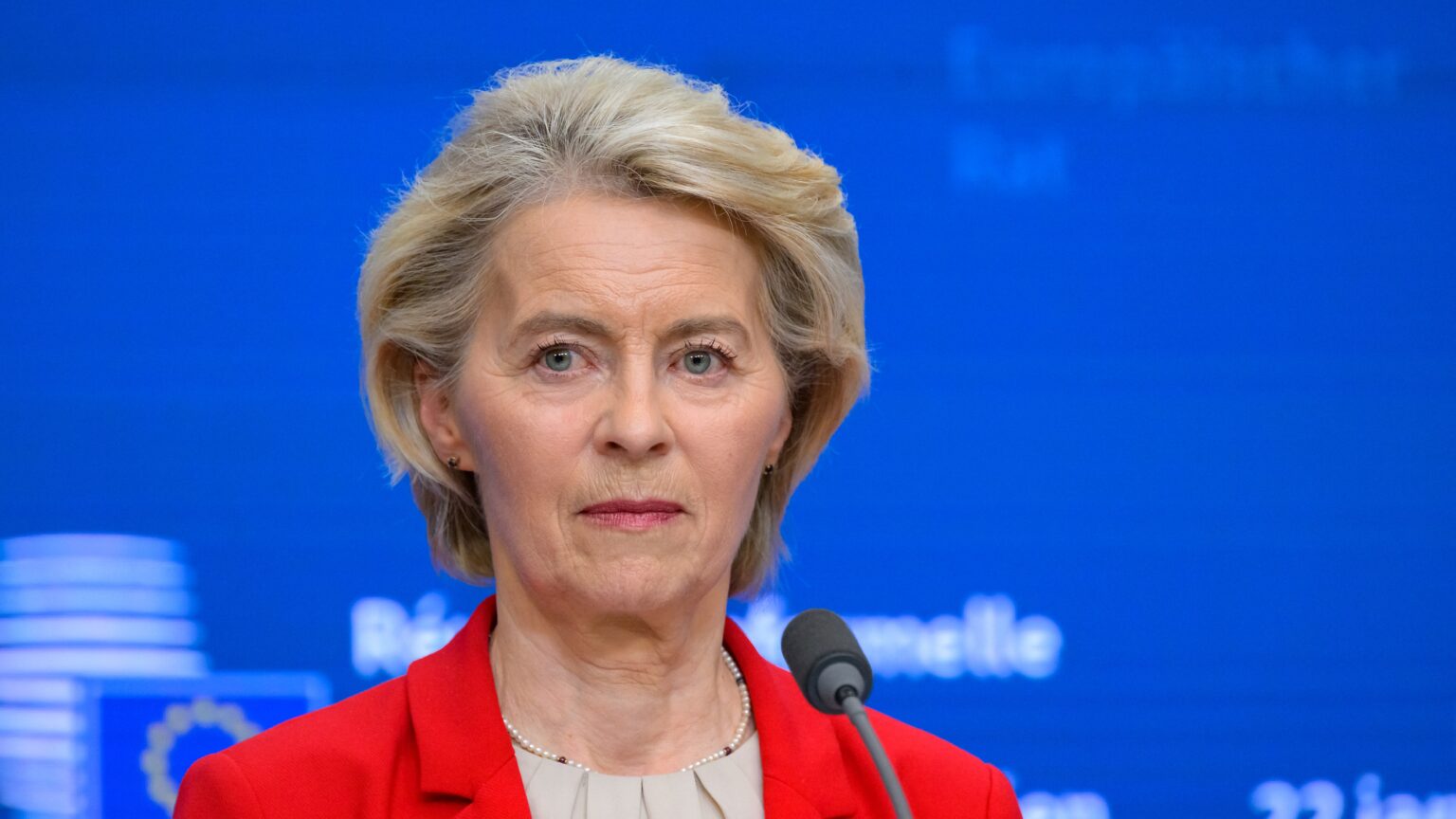
‘While Americans continue to uphold a strong belief in free speech, modern Europe has adopted a more technical approach—one focused on “right” speech rather than free speech; one that censors expression strategically and discreetly.’
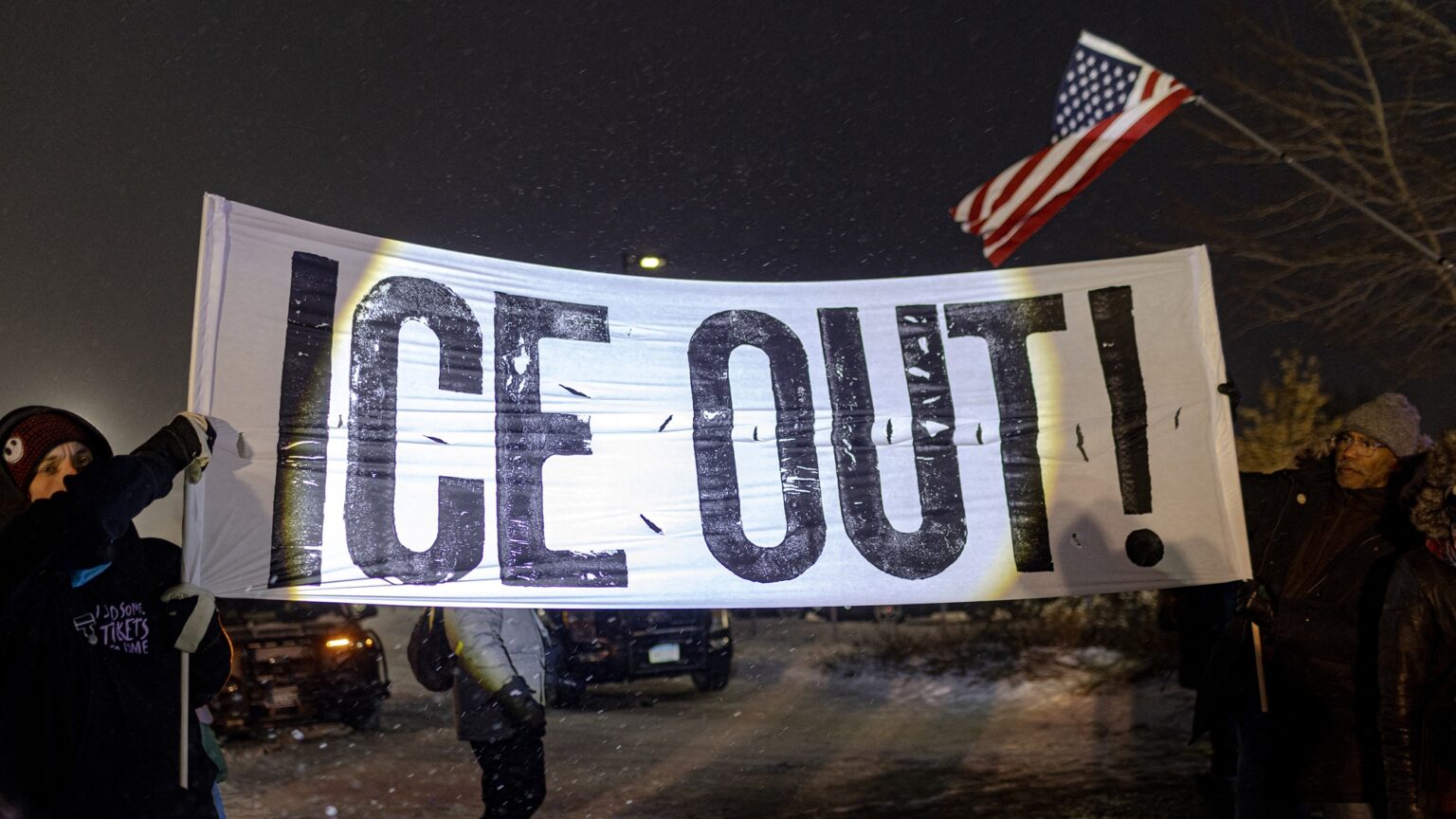
The Daily Caller has uncovered that the Minnesota-based organization Headwaters Foundation for Justice has received $3.3 million in funding from George Soros’ Open Society Foundations. The Headwaters Foundation, in turn, has funnelled the funds to 16 progressive activist groups organizing anti-ICE protests.

‘India could have learned a valuable lesson from the dismantling of Europe’s global stature and prestige. The ease with which it occurred was breathtaking.’